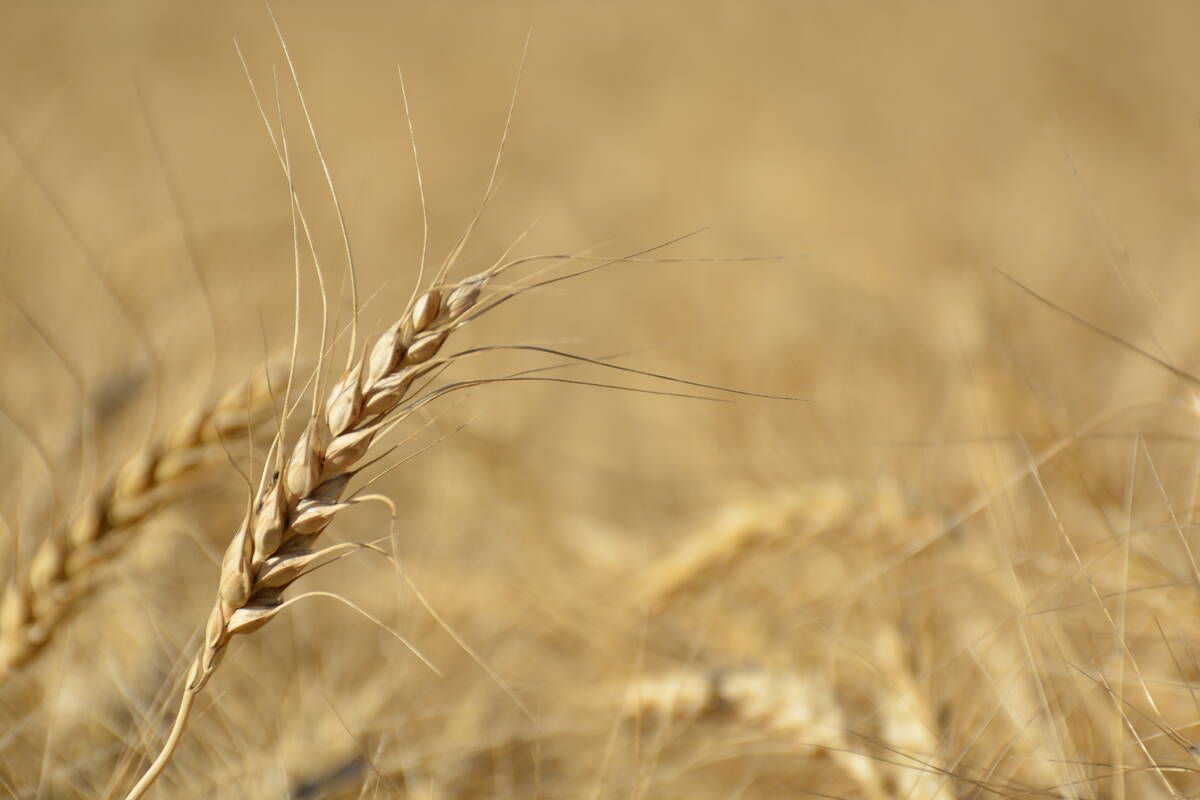From east and west, export-oriented farm representatives trooped before the House of Commons agriculture committee last week extolling the potential benefits of a Canadian trade deal with the European Union.
Southwestern Alberta grain producer and Barley Council of Canada chair Brian Otto told MPs Nov. 21 the deal is a huge opportunity for his industry.
Current EU tariffs of up to $120 per tonne of barley have limited the market. The tariffs will disappear and a door will open for increased raw feed and processed malt barley products to Europe, he said.
Read Also

USDA’s August corn yield estimates are bearish
The yield estimates for wheat and soybeans were neutral to bullish, but these were largely a sideshow when compared with corn.
But the main benefit will be through increased feed sales to Can-adian cattle and hog producers as they gain greater access for meat exports.
Otto repeated earlier predictions that the deal could eventually be worth millions of dollars to the barley sector and $1 billion to the livestock sector. The end of the Canadian Wheat Board single desk allows the industry to capitalize on the opportunity, he said.
“This deal coincides with new marketing changes for barley in western Canada,” Otto told MPs. “CETA (the Canada-EU deal) is the next step in solidifying the long-term profitability and sustainability of the entire Canadian barley value chain.”
Lisa Skierka, general manager of the Alberta Barley Commission and president of the Canadian Agri-Food Trade Alliance, said the deal could eventually be worth $1.5 billion in increased sales for Canada’s agriculture sector.
And Grain Farmers of Ontario chief executive officer Barry Senft, a former Saskatchewan Wheat Pool executive, told MPs that the deal should lead to significant increases in sales for Ontario’s grain farmers, including creation of a Canada-EU working group on dealing with genetically engineered products such as Ontario corn and soybeans.
“This open dialogue and collaboration on the issue of genetically modified grains is an exceptional step forward in our relationship with the EU,” he said.
“Looking forward, we see immense opportunity for Ontario’s grain farmers with the implementation of CETA,” Senft said.
Many details about the trade deal announced in principle in early November must be worked out. The political ratification required before implementation is at least two years away.
It must be approved by all 27 EU members as well as by Parliament in Canada. Ottawa has promised the provinces they also will have to sign on before it is ratified.
The major Canadian opposition has come from the dairy industry. European cheese imports into Canada will double.
The government has promised compensation if there is proven loss, and argues the fundamental principles of the supply management system are preserved.
Last week, Quebec New Democrat MP and deputy agriculture critic Ruth Ellen Brosseau said in an interview that dairy farmers in her rural Quebec riding remain uneasy about the deal.
“I think they have not been convinced but they are willing to wait for the details and to see where the (compensation) money is,” she said.
















